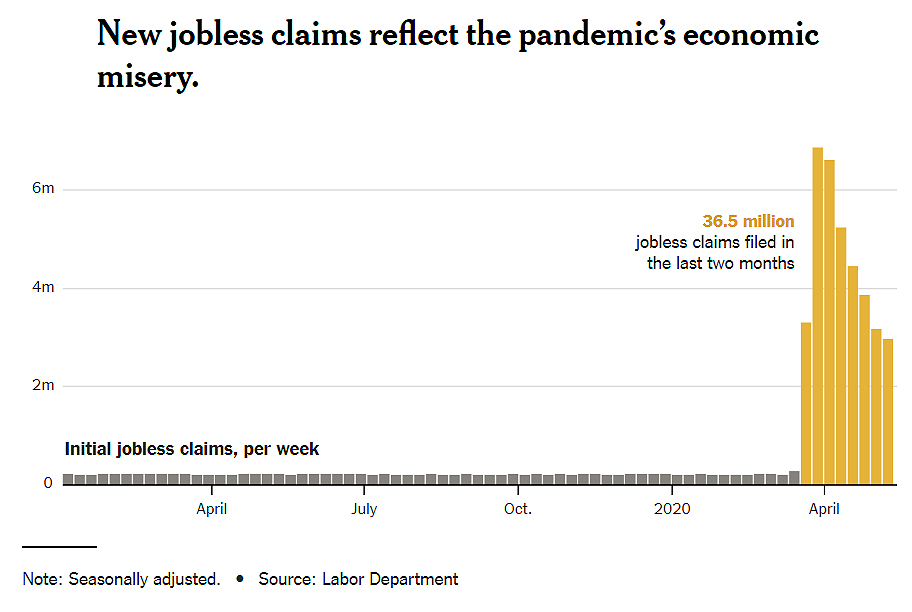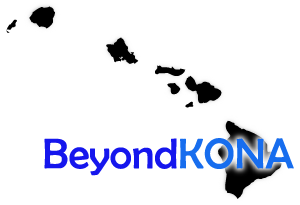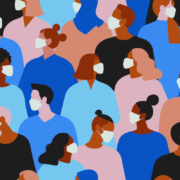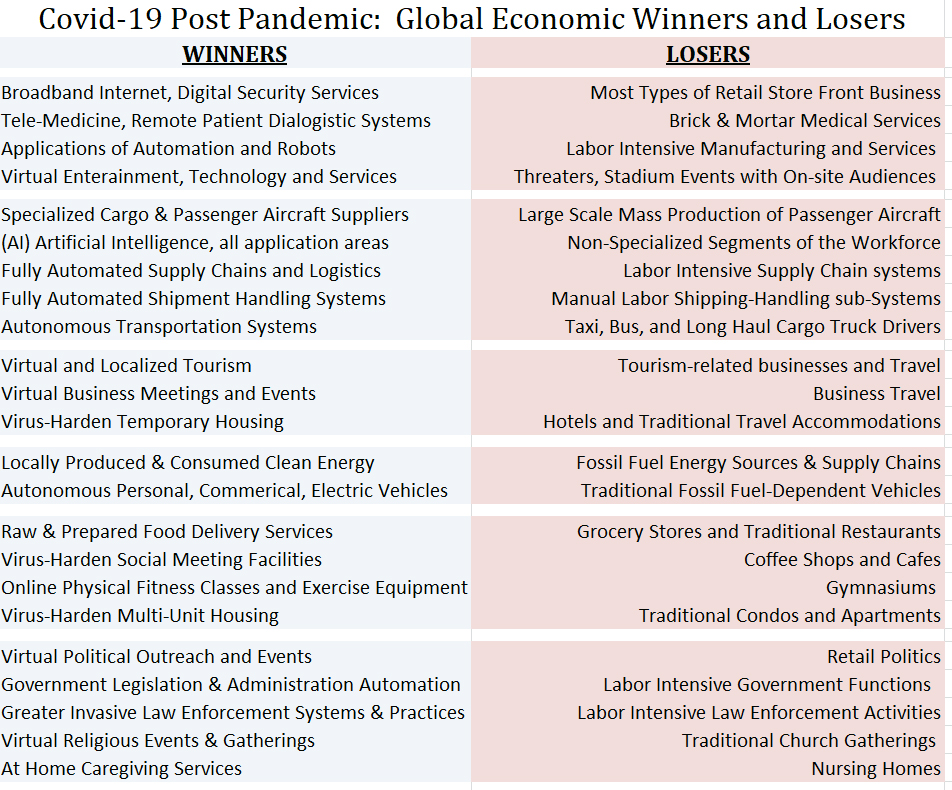Post Pandemic: Winners and Losers
The Post Pandemic Economy
There is no question in anyone’s mind that the coronavirus (COVID-19) has had a significant impact on the global economy and the lives of so many people.
The daily discussion in the world of politics and media focuses on social and economic impacts, and too often ranges from fear to anger. The voices we hear from our global leaders to Wall Street to the titans of industry are missing the lesson and opportunity that COVID-19 offers humankind.
These so-called leaders fail to grasp the opportunity that COVID-19 has created for the transformation of a global economy no longer sustainable by any honest metrics, and one that is so destructive to the delicate and planetary environmental balance on which we also all depend, it represents an even larger end game than the present pandemic.
Prior to COVID-19’s arrival, we humans entered the 21st century full speed ahead, blindly confident our consumption of resources, burning of fossil fuels, and increasing social and economic imbalance within the world’s growing human population, could, and in fact would, continue unabated and without consequences.
Scientists estimate that at least six out of every 10 known infectious diseases in people have spread from animals. More importantly, three out of every four new or emerging infectious diseases affecting humans come from animals. Zoonosis has its roots in elements from our current model of development, particularly in agriculture and mining, and in the way we develop roads and plan urban growth.
Vast changes in land use and the loss of habitat from these practices have put people and livestock into closer contact with wild species. They have exposed our societies to diseases for which no immunity has yet developed.
More than 70% of the ice-free land surface has been altered significantly already. By 2050, land-use change will affect 90% of the Earth’s land systems if we continue with business as usual, according to the Global Assessment Report on Biodiversity and Ecosystem Services. If we carry on the same path, a future pandemic could be even more deadly and costly in terms of lives and livelihoods.
Economic Indicators
Many Americans came into the nationwide lockdown with limited savings, despite gains made over the course of a record-long economic expansion. At the end of 2019, three in 10 adults said they could not cover three months’ worth of expenses with savings or borrowing in the case of a job loss, “indicating that they were not prepared for the current financial challenges,” according to a central bank spokesperson.
Economic wellness measurements, like daily stock indices, financial arbitrage outcomes, hedge fund priorities, or the price of oil offer little insight into the health of the patient, the economy, which may hold a hidden and growing cancer about to blossom into many adverse effects.
Fortune 500 corporate priorities set the stage for corporate subsidies (taxpayer funded), and drive global government policies too often designed to serve the interests of corporations (who are not people, as defined in Citizens United vs. United States), and which inevitably leads to various forms of wealth extraction from the consumer class to the poorest of the world’s citizens.
A present day example, the current Administration’s die hard effort to preserve coal profits at the expense of clean energy jobs — policy and regulatory changes that created unnecessary public health costs, enabled higher dirty energy costs and environmental destruction, and has accelerated climate costs. All of which has left the American public to pick-up the tab for coal profits benefiting a few at the expense of the many. — BeyondKona previously reported on the link between coal-fired power plant emissions and enabling the spread of coronavirus, COVID-19: https://www.beyondkona.com/editorial-pandemics-pollution-and-politics/
Even after COVID-19’s painful, but obvious lesson: business-as-usual is no longer sustainable, global leaders and financial markets are operating with the assumption we can continued to consume our deficit-spending of the planet’s natural wealth (against all science and common sense) without consequences to them, because someone will always bail them out come the next financial crash.
As if there was no tomorrow, tomorrow has finally arrived, and rather unexpectedly in the form of a global pandemic touching the daily lives of all people, regardless of their wealth or position.
Whatever our expectations, the fact is, business as usual is done — we humans must now adapt or go the way of the dinosaurs.
Beyond the Present — Projected Social & Economic Consequences
The above graph offers an incomplete sampling of possible economic and social changes ahead, and is based on a current trend analysis. An increased emphasis on science and research and development are implicit in all aspects of any transformation going forward.
With infections surging, cities in lockdown, businesses shuttered, travel mostly on ice, layoffs mushrooming, there is little expectation that society will just return to the state it was before COVID-19’s arrival. The number of Americans filing unemployment benefit claims hit a record of more than 36 million over a two month period ending mid May.

The global economic impacts of the COVID-19 pandemic will be with us for several years to come. It will also present many opportunities for change and improvements in the human condition, beginning with a economy based on sustainable business priorities and the global transformation to an equitable and clean energy economy.
We have only begun to scrape the surface of technological advancements of the last 20 years, and apply those opportunities to betterment of humankind.
COVID-19 is not the end game for humanity. Rather it is the beginning of a new and transformative period in human history, much in the way the 14th century plague that sweep Europe finally led to Renaissance.
Now is the time for policy makers and all of humankind to rethink traditional assumptions and unsustainable business models, and to act on social and economic changes aligned with the realities and opportunities of a post-pandemic global economy.
Twitter, a case in point
The coronavirus pandemic forced millions of U.S. workers to abruptly transition from office life to working from home. With no end to the outbreak in sight, companies and their employees are preparing for several more months of remote work. The prolonged absence from the office has raised the question of whether some workers will ever go back.
Though the technology for large-scale remote work has existed for years, less than 4 percent of the U.S. workforce did their jobs from home before the pandemic. In a matter of weeks, that number grew to include roughly a third of all workers in the country.
A number of large companies, especially in the tech sector, have extended their work-from-home periods until the end of the year. On Tuesday, Twitter became the first major firm to allow employees to do their jobs away from the office permanently, if they choose.
The sudden mass migration of the white-collar workforce into home offices has been so transformative that a significant portion of workers will never come back, many industry experts say. The most important reason the change may become permanent is it seems to offer benefits to everyone involved. Employees are spared the time and expense of commuting and have more opportunities to see their families. Many report they have been more productive at home than in the office.
Companies could see major financial benefits from cutting their spending on expensive real estate and reducing the cost of maintaining office space — especially with the extra safety measures that will likely need to be implemented.
Employers that had been reluctant to allow remote work have seen that many concerns about lost productivity and harm to company culture are unfounded, labor analysts say. The pandemic also forced companies to tackle the expense and logistical challenges that may have been barriers to broad work-from-home policies.
“Given the choice between retrofitting their offices with expensive safety features, or allowing employees to work from home, it’s a good bet that many companies will choose the latter. But if working at home does become the norm, it will effectively shift the cost of maintaining and renting office space from the company to the employees.” — Inga Saffron, Philadelphia Inquirer





Leave a Reply
Join the Community discussion now - your email address will not be published, remains secure and confidential. Mahalo.